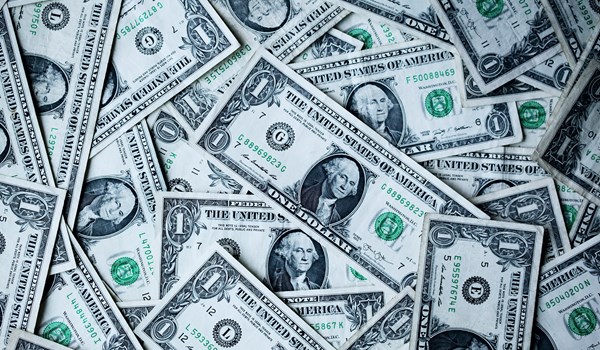China has announced plans for a new method to measure the ‘carbon content’ of its products – an issue that has caused tension with some of its trading partners.
This move, seen as a key step in reaching its climate goals, comes amid a push by the European Union and other countries for tougher carbon standards overseas.
The new “carbon footprint management system” detailed by the Ministry of Ecology and Environment will go into effect in 2027, setting standards for measuring carbon emissions for about 100 key products throughout the Chinese economy, according to a policy document, Reuters said.
Initially, the Chinese calculation standards will apply to products that generate high emissions such as coal and natural gas, plus export products like steel, aluminium, lithium batteries and electric vehicles.
The ministry said it hoped to expand the guidance to 200 products by 2030.
It said the new standards would help drive low-carbon consumption, with local governments urged to develop pilot programmes and policies to encourage the use of lower-emissions products.
An incentive to cut emissions
Analysts said the calculations could also play a key part of China’s efforts to reduce emissions associated with product manufacturing – and avoid trade tensions and high import tariffs under the European Union’s new carbon border tax.
The move shows China is working to catch up with EU legislation that already “has set clear rules on the measuring and disclosure of product carbon footprints,” Ma Jun, director of the Institute of Public and Environmental Affairs in Beijing, said.
“China is a late-comer on that, so there are still some gaps to fill,” Ma told Reuters.
The calculations could also help China create incentives for companies and individuals to reduce emissions, Ma said.
EU carbon border tax spurs trade pressure
With Europe’s carbon border adjustment mechanism (CBAM) set to impose tariffs in 2026, countries outside the region have grown anxious about the possible hit to their manufacturing.
Some like South Africa have considered filing complaints with the World Trade Organization. Critics say the EU rules unfairly penalise exporters, and don’t consider an exporting country’s overall emission reductions efforts.
Analysts at Carbon Brief have said that China is will be heavily impacted by the EU’s carbon border tax policy.
“Industries that will be targeted first are cement, iron, steel, aluminium, fertilisers, electricity and hydrogen,” it said in a long report on China’s climate policies and environmental issues.
In August 2022, three Chinese government agencies released a guideline regarding the development of a national system for CO2 emissions accounting and verification, Carbon Brief noted, adding that they consider the setting up of emission verification mechanisms for emission-intensive industries such as steel and electricity to be a “key task”.
But moves such as China’s to prepare companies to calculate their emissions could also be a precursor to launching their own low-carbon rules – effectively keeping those taxes on high emissions within the country, analysts said.
In India, where officials have criticised the CBAM as a trade barrier, there has been discussion among policymakers about whether existing taxes on the steel industry should be redesignated as carbon taxes, said Ritabrata Ghosh, vice president of ICRA Ltd, an Indian investment information and credit rating agency.
“Whether this sees the light of day remains to be seen,” Ghosh said.
It is unclear if China is considering its own carbon tax regime, but it has said it wants to expand the trading of carbon credits to sectors such as steel and cement.
China produces nearly 60% of the world’s steel and cement, according to the International Energy Agency, and its steel industry is the country’s second-largest emitter after electricity generation.
Wednesday’s plan said China would pay close attention to carbon-related trade policies around the world and push for the international alignment of carbon footprint standards.
“It is about measuring (emissions) in a scientific way and a fair way,” said Ma, whose organisation has compiled a carbon footprint database of more than 2,000 products in China.



